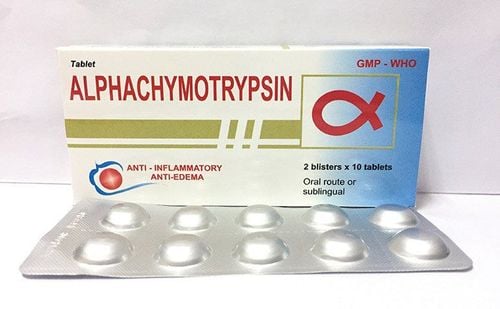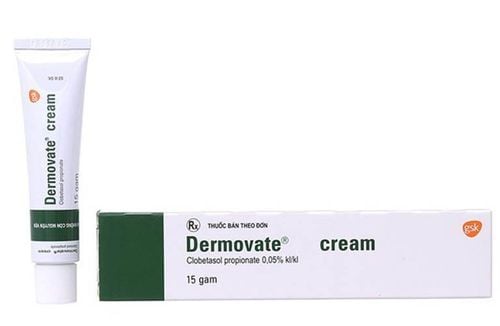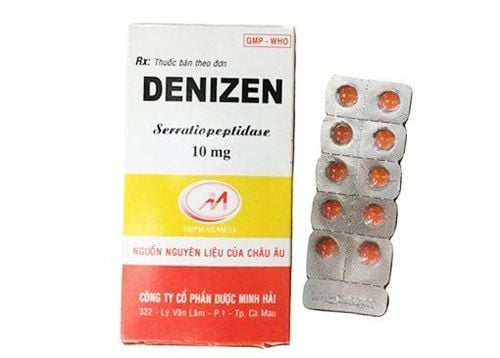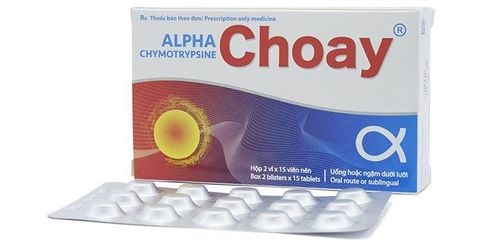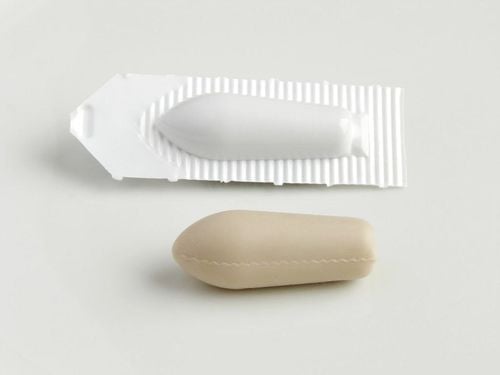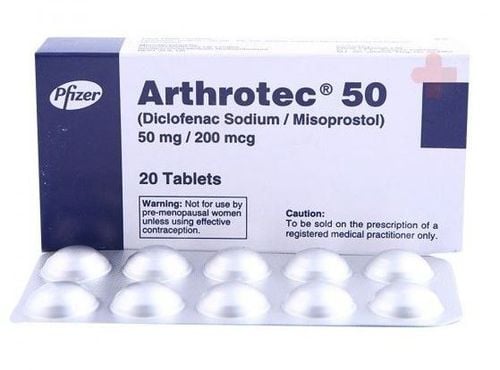1. Uses of Medrol
Medrol, with its anti-inflammatory and anti-allergic properties, is indicated for some conditions, such as:
- Rheumatoid arthritis
- Systemic lupus erythematosus
- Certain types of vasculitis, temporal arteritis, and polyarteritis nodosa, and sarcoidosis
- Bronchial asthma
- Chronic ulcerative colitis
- Hemolytic anemia, granulocytopenia
- Severe allergic conditions, including anaphylaxis
- In cancer treatment, for the prevention and treatment of graft
2. Usage of Medrol
Medrol is available in two strengths: 4 mg and 16 mg.
The dosage varies depending on the condition being treated and the individual patient. The dose can range from 4 mg to 48 mg per day, and in some cases, very high doses may be used, such as for multiple sclerosis, cerebral edema, or organ transplantation.
Due to the complications associated with glucocorticoid treatment depending on dosage and duration, doctors always weigh the benefits and risks in each specific case to determine the appropriate dosage, treatment duration, and daily or intermittent dosing regimen.
Methylprednisolone, like other corticosteroids, is prescribed at the lowest effective dose for the shortest possible duration to maintain therapeutic effects. When large doses are needed for extended periods, the medication may be prescribed on an alternate-day regimen after disease control is achieved to minimize adverse drug reactions. If discontinuing the medication after long-term treatment, the dose should be gradually tapered off, not stopped abruptly.
Medrol should be taken after meals or with food/milk to reduce potential gastrointestinal side effects. If the medication is taken once daily, it is best to take it in the morning.
3. Side effects when using Medrol
Medrol can cause several notable side effects on various organs:
• Adrenal suppression (acute adrenal insufficiency, grade 3)
• Inhibition of bone growth
• Effects on the central nervous system and psychological / behavioral impacts
• Cushingoid symptoms/Cushing's syndrome: (fat accumulation in the trunk, face, and back of the neck)
• Gastrointestinal effects
• Hyperglycemia
• Increased risk of infections after prolonged treatment with methylprednisolone
• Neuromuscular and skeletal effects
• Effects on the eyes: increased intraocular pressure, open-angle glaucoma, and posterior subcapsular cataracts
In addition, many other side effects have been reported at varying frequencies in different organ systems, including cardiovascular, dermatological, endocrine and metabolic, gastrointestinal, genitourinary, hematological, hepatic, neurological, musculoskeletal, ophthalmic, and respiratory systems.
Before prescribing Medrol, doctors carefully consider the benefits and potential side effects. However, adverse effects can still occur while using Medrol. If any unusual symptoms arise, particularly severe allergic reactions such as severe dizziness, difficulty breathing, rash, swelling, or itching of the face, throat, or tongue, patients should inform their doctor or nurse immediately to receive prompt medical intervention.
4. Precautions when using Medrol
Some precautions when using Medrol include:
• Medrol is contraindicated in patients with systemic fungal infections or those who are hypersensitive to methylprednisolone or any of its ingredients.
• Do not use live or attenuated vaccines in patients receiving immunosuppressive doses of corticosteroids.
• When using corticosteroids long-term in children, carefully monitor growth and development. Children may experience stunted growth when using glucocorticoids daily for extended periods, which should only be done in urgent cases. Infants and children on long-term, especially high-dose, corticosteroid treatment are at risk of increased intracranial pressure and pancreatitis.
• In pregnant and breastfeeding women, the drug should only be used after careful consideration of the benefits and risks.
• Medrol may affect test results; therefore, inform your doctor before undergoing tests, especially blood and urine tests.
5. Drug interactions with Medrol
Methylprednisolone is metabolized in the liver, primarily by the enzyme CYP3A4, which is a major enzyme in most of the CYP families in the liver. Therefore, methylprednisolone interacts with many drugs.
Drug interactions can either reduce the effectiveness of Medrol or increase the severity of its side effects. It's important to inform your doctor about all the medications you are taking, including over-the-counter drugs, vitamins, prescription medications, and herbal products. Do not start, stop, or change the dosage of any medication without your doctor's approval.
Some drugs that may interact with Medrol include:
• Isoniazid
• Rifampicin
• Oral anticoagulants
• Carbamazepine
• Phenobarbital
• Phenytoin
• Neuromuscular blockers
• Cholinesterase inhibitors
• Diabetes medications
• Aprepitant
• Fosaprepitant
• Itraconazole
• Ketoconazole
• Aminoglutethimide
• Diltiazem
• Ethinyl Estradio / norethindrone
• Cyclosporine
• Cyclophosphamide
• Tacrolimus
• Clarithromycin
• Erythromycin
• Troleandomycin
• High-dose aspirin
• Potassium-depleting drugs
• HIV protease inhibitors
6. Storage of medrol
Store Medrol at room temperature below 30°C, away from light and moisture.
For more health, nutrition, and beauty information to protect your well-being and that of your loved ones, visit the Vinmec International General Hospital website.
To arrange an appointment, please call HOTLINE or make your reservation directly HERE. You may also download the MyVinmec app to schedule appointments faster and manage your reservations more conveniently.
To arrange an appointment, please call HOTLINE or make your reservation directly HERE. You may also download the MyVinmec app to schedule appointments faster and manage your reservations more conveniently.
